🧠 What Is CVE-2025-23087?
CVE-2025-23087 is a high-severity vulnerability impacting all End-of-Life (EOL) Node.js versions, up to and including v17.9.1. It isn’t a single exploit, but rather a composite vulnerability stemming from the use of outdated and unmaintained third-party dependencies in the Node.js core.
🔍 Technical Details
- CWE-1104 – Use of Unmaintained Third-Party Components
- CVSS v3.1 Score – 8.8 (High)
- Attack Vector – Network
- Privileges Required – Low
- User Interaction – None
- Impact – High on Confidentiality, Integrity, and Availability
The vulnerability arises due to insecure components like:
- OpenSSL v1.x – Known for multiple RCE and DoS vulnerabilities
- llhttp – May enable HTTP request smuggling
- nghttp2, zlib – Both contain known flaws that are unpatched in EOL Node.js versions
💣 Proof of Concept (PoC)
Although a direct PoC for CVE-2025-23087 is not publicly released as a single exploit, researchers have demonstrated the use of chained exploits through:
- Exploiting a vulnerability in OpenSSL v1.1.1 to crash TLS connections.
- Using outdated
llhttpto bypass request parsing safeguards. - Triggering denial-of-service via malformed payloads.
Here’s an example snippet that can crash an EOL Node.js server still using vulnerable modules:
jsCopyEditconst https = require('https');
const options = {
hostname: 'target-nodejs-app.com',
port: 443,
method: 'GET',
path: '/',
headers: {
'Transfer-Encoding': 'chunked',
'Content-Length': '1000000000' // Triggers vulnerability in parsing
}
};
https.request(options).end();
❗ Warning: Use only in authorized environments for research or testing.
⚠️ Risks of Using EOL Node.js Versions
- Zero patch coverage – Even if a critical bug is found, no official fix is released
- Legal compliance issues – May violate policies like ISO 27001 or PCI-DSS
- Lack of dependency updates – Exposes applications to RCE and DoS attacks

🛡️ How to Mitigate CVE-2025-23087
✅ 1. Upgrade to Active LTS Versions
Update to Node.js v18.x or v20.x, both of which are actively supported.
✅ 2. Use Extended Support Options
Organizations like HeroDevs offer Never-Ending Support (NES) for critical applications that can’t upgrade immediately.
✅ 3. Audit Your Stack
Run tools like:
npm auditsnyk testnode --trace-warnings
These help flag known vulnerabilities in dependencies.
🔄 Internal HackerVault Links
- 🧪 Malware Analysis 101: Understanding Malicious Code
- 🔐 How Ransomware Works: From Infection to Extortion
- 📊 Wazuh SIEM: Getting Started with Log Monitoring
🧭 Final Thoughts
CVE-2025-23087 isn’t just about one bug—it’s about the invisible danger of running outdated core systems. If you’re still using unsupported Node.js versions, you’re wide open to attack. This CVE serves as a wake-up call to modernize, patch, or seek commercial support—before someone else finds the hole for you.



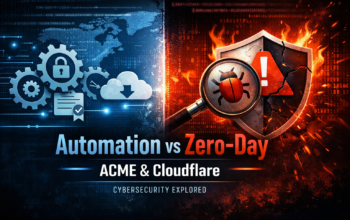

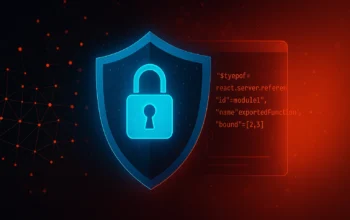
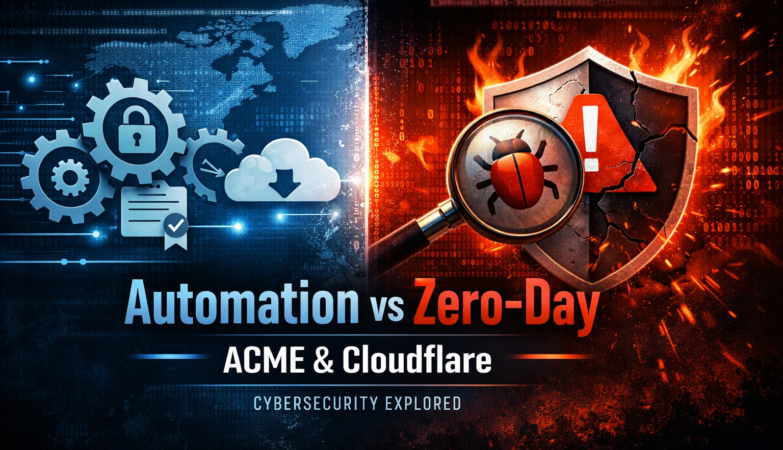

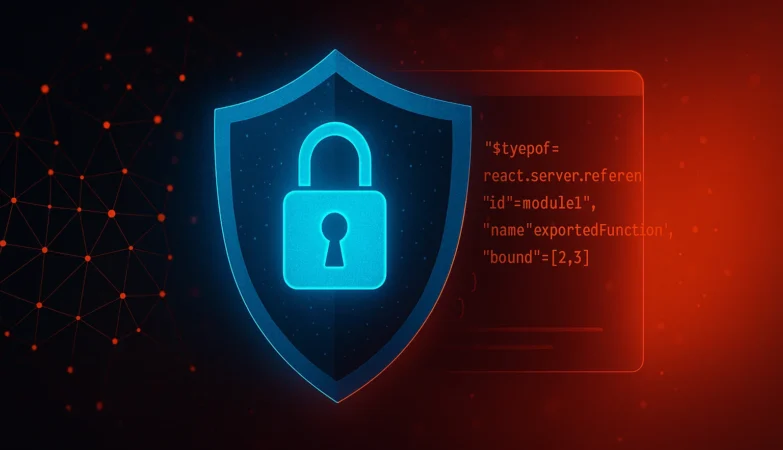
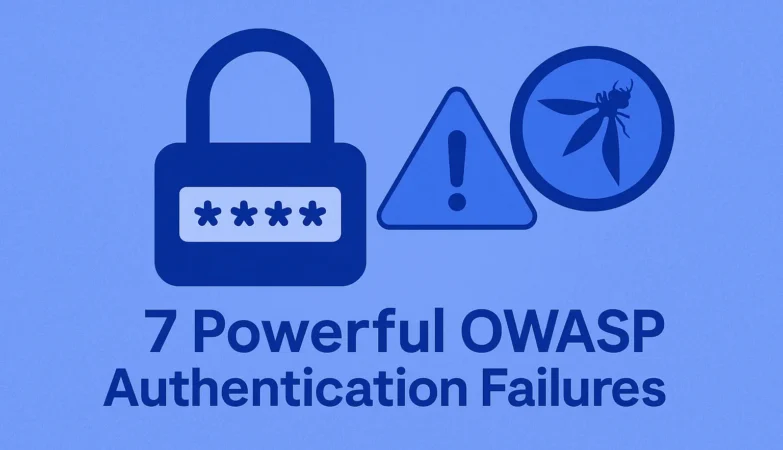
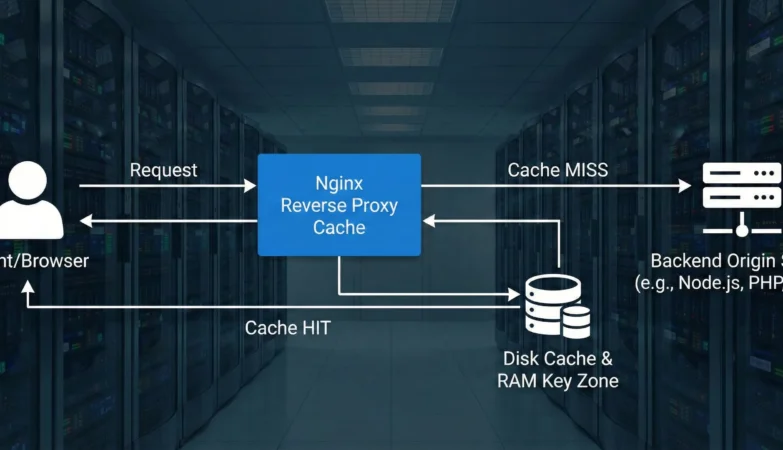
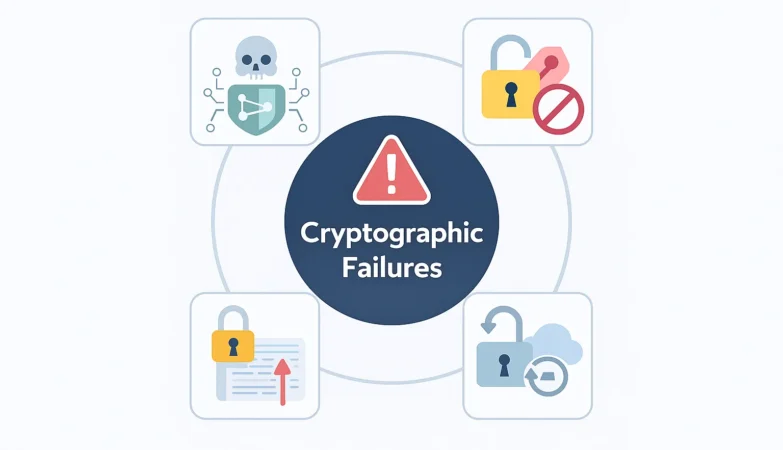
Yo, just checked out bk8link1. Seems like a solid option for some online fun. Definitely worth a look if you’re chasing those wins!
Alright, so I snagged the a55gameapk and it’s not bad at all! Quick download and smooth gameplay. Give it a shot: a55gameapk
Gameteenpattigold is fun to play. The gold makes it feel more legit haha. Take a look gameteenpattigold.
Temmexico, me sacó de apuros un par de veces. La atención al cliente es rápida, eso se agradece. Puedes checarlo aquí temmexico.
Okvipas, eh? Is it as VIP as it sounds? Gotta see what kinda perks they’re offering! Always looking for the best deals! Check out okvipas
Alright alright, 4winbet caught my eye. Looks like a decent place to try your luck. Hope to win something big soon. Click here to check it out!: 4winbet
OkeBet15, huh? Is this like a smaller, more exclusive version? Curious to see what makes you different. Hopefully, some lucky wins await! okebet15
I don’t think the title of your article matches the content lol. Just kidding, mainly because I had some doubts after reading the article.
I don’t think the title of your article matches the content lol. Just kidding, mainly because I had some doubts after reading the article.
Can you be more specific about the content of your article? After reading it, I still have some doubts. Hope you can help me.
Your article helped me a lot, is there any more related content? Thanks! https://accounts.binance.com/sk/register?ref=WKAGBF7Y
Your point of view caught my eye and was very interesting. Thanks. I have a question for you. https://accounts.binance.info/si-LK/register?ref=LBF8F65G
Thank you for your sharing. I am worried that I lack creative ideas. It is your article that makes me full of hope. Thank you. But, I have a question, can you help me? https://accounts.binance.info/uk-UA/register?ref=XZNNWTW7
I don’t think the title of your article matches the content lol. Just kidding, mainly because I had some doubts after reading the article.
I don’t think the title of your article matches the content lol. Just kidding, mainly because I had some doubts after reading the article. https://www.binance.info/hu/register?ref=IQY5TET4